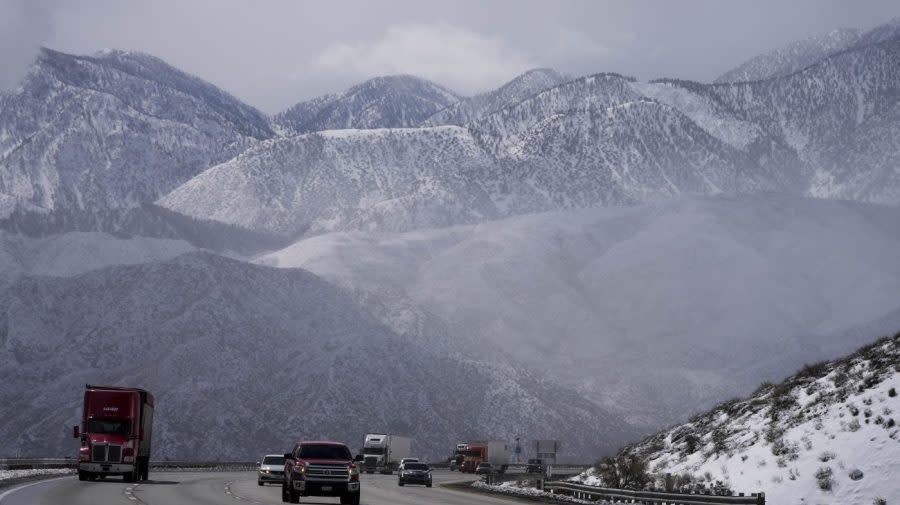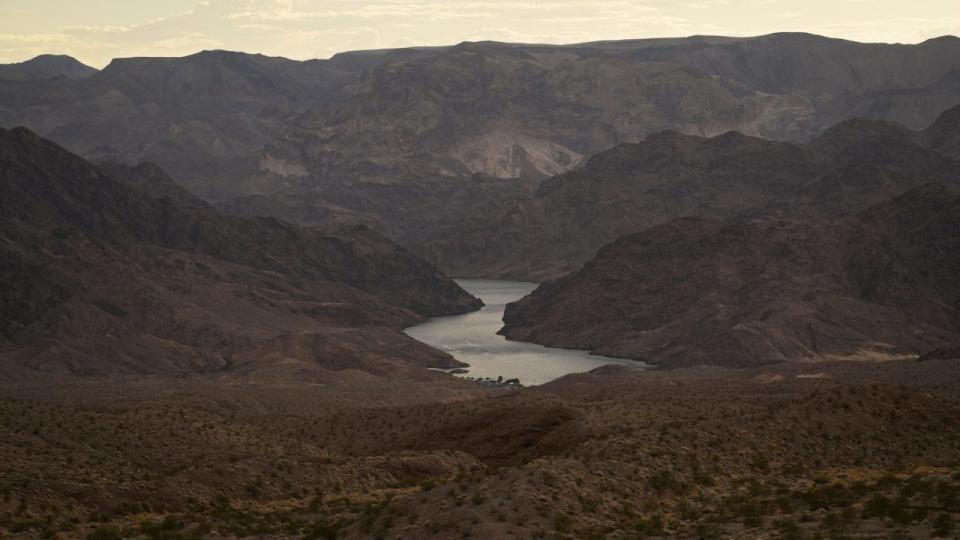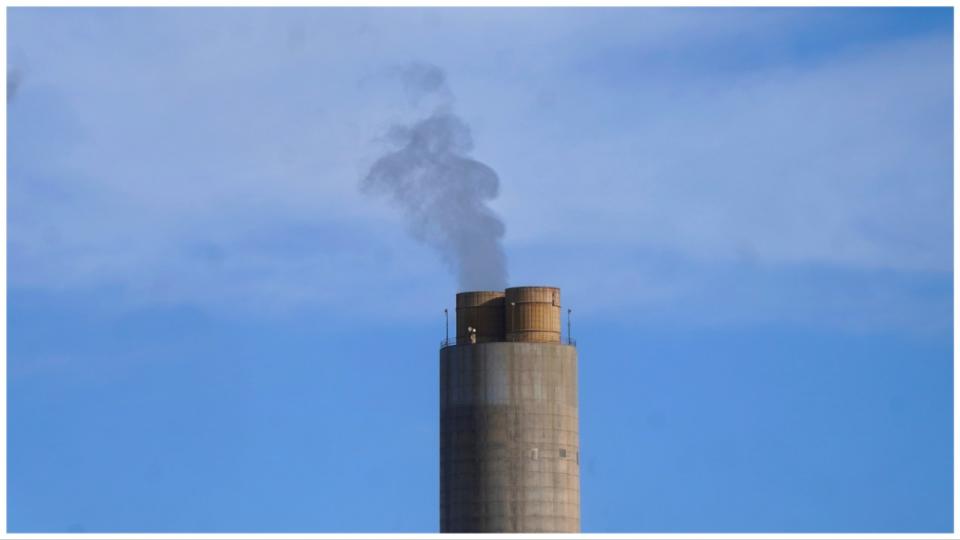“California has one of the largest snowpacks on record,” Karla Nemeth, director of the state’s Department of Water Resources, said in a statement. “As this snowpack melts in the coming months, the waterways will be especially cold, fast and running higher than normal,” she added. The Department of Water Resources, alongside other state agencies, are urging Californians to remain aware of fluctuating stream levels and cold-water dangers as they venture outdoors this spring. The series of atmospheric rivers that battered the state this winter “is causing rising river and stream flow levels not seen in years,” the agencies warned. California’s statewide average snow water equivalent — the amount of water contained in snow — has surged to 61.1 inches, or 237 percent of the average for early April, according to state water officials. In the history of California’s snow measurements, only 1952, 1969 and 1983 recorded statewide results that exceeded 200 percent of the April 1 average, the agency stated. Because the snowmelt will result in “fast flows” and frigid water temperatures, officials recommended that Californians wait to enjoy time in streams and rivers until the summer. “Rising water levels in rivers and streams will be very cold, very fast and can easily overwhelm those that aren’t prepared or don’t heed warnings,” CAL FIRE Chief Joe Tyler stated. The extent and expanse of this year’s snowpack will pose a particularly severe flood threat to certain parts of the state, including the San Joaquin Valley, according to the Department of Water Resources. Storms this year have already flooded many communities across the state, leading President Biden to issue a disaster declaration for several counties on Monday. This past weekend, a teenager drowned along the American River in Sacramento County — the fourth such tragedy in the region that week, Nexstar station KTXL reported. “Unless you are a professional Olympic type swimmer, that river can overpower you,” Sacramento Metro Fire Capt. Chris Vestal told KTXL. California State Parks Director Armando Quintero stressed the importance of adhering to public safety protocols and refraining from entering waterways if requested to do so. “As the temperature rises, snowmelt-fed waterways can quickly induce incapacitating cold-water shock to even the strongest swimmers,” Quintero added. | 




















